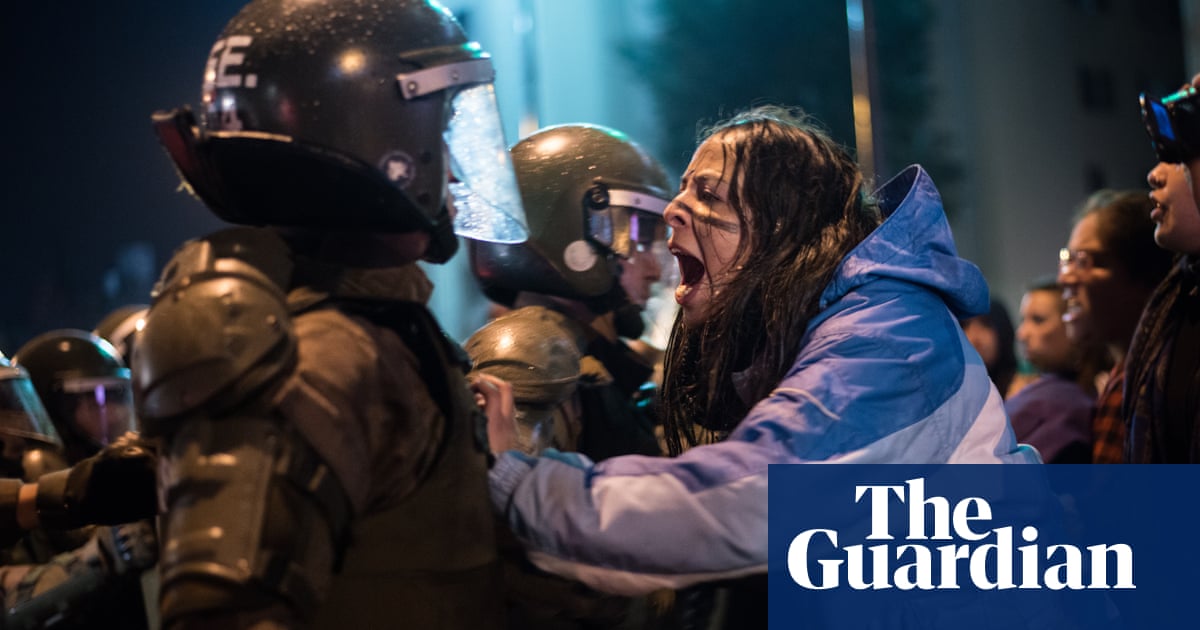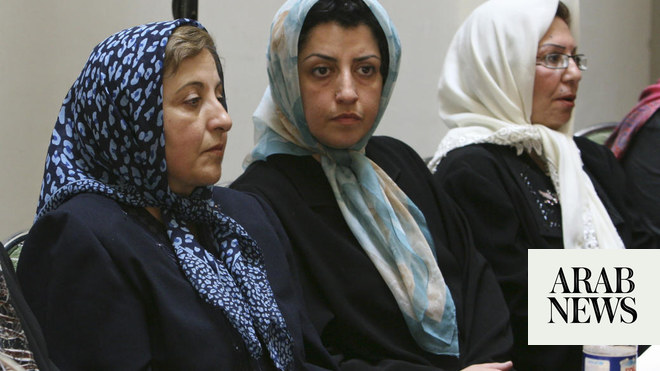
Parveena Jabeen was all set to get married, but in Kashmir weddings are extravagant affairs.
Traditionally, brides in the valley of Kashmir would take a trousseau with them to the groom’s house, including clothes, jewellery, makeup, gifts for the in-laws and even furniture.
Jabeen’s father died when she was 19 and so, as the eldest of four, she worked as a tutor to feed her family. In August 2019, when Kashmir was put under a political lockdown, she lost her job.
Jabeen was worried that she might be mocked if she asked relatives for help, but then she heard of a group that supported women. “I approached them because I felt that they would not talk about helping us throughout the town,” she says.
Kashmir weddings, an important social function, are notorious for their extravagance and at times the state has intervened to put restrictions on expenses.
“Families end up selling their properties, taking out loans, for unnecessary social customs. We don’t want to encourage that practice, so we do not buy gifts for in-laws or home furnishings,” says Shehryar Khanum, a founding member of Mehram, a charity to help struggling brides.
The organisation also supports new brides and women trying to leave bad marriages. “She explained to me how I should take care of myself after marriage, to be vigilant and responsible. She insisted that I should not give up work, no matter what happens, because that is the only way to keep my future secure,” says Jabeen.
This advice is essential, says Khanum: “We come across so many women who are asked to give up work after marriage. It is an unspoken rule that this is a reasonable thing to say, which it is not,” she says. “In Kashmir very few women are upfront about their rights – religious or legal. As an organisation, we believe that they should be.”
In Kashmir, tradition has a big impact on decision-making, says Prof Muzammil Jan, who has studied Kashmiri women’s changing roles in society. “Even religion is misused in the context of women’s empowerment.
“The majority of women’s decisions are forced on them by male decision-making power, whether she is married or unmarried.”
Most marriages are under sharia law, where a document is signed by both the bride and the groom, and the clauses are often seen as set and so are rarely edited. But Mehram is trying to change that. “We are working on a model, nikkah-naama, where we want to include the rights of the bride in writing,” says Khanum.
While the Indian constitution has been adjusting to enshrine women’s rights, the legal structure of Kashmir has been slower to catch up. In August 2019, a constitutional amendment withdrew Kashmir’s special status, extending laws from India to the region, and it is now possible for women to demand compensation for abuse in a marriage, as well as medical expenses and residential rights.
“The new laws aim to provide women with legal remedies by way of independent adjudicating bodies like family courts. These laws give women right to claim maintenance from court under exclusive provisions,” says Viqas Malik, a lawyer in Kashmir.
But bureaucracy is slow. The state’s only women’s commission was disbanded and it is not yet known when a new one will be established. There is little trust in legal structures to deliver justice to women.
“Institutions here are almost always inclined towards reconciliation. That means that you are overlooking justice and replacing it with what is socially acceptable, which may not always be just,” says Khanum.
Sarah Mir (not her real name), 35, has been frequenting Mehram’s office for several months. Mir’s marriage was arranged by her brother. “I met my husband for the first time on the day of my ring ceremony. I barely saw his face. I saw his face on the photos of the ceremony later,” she says.
Mir found she was expected to be her husband’s housemaid. “I was disrespected, neglected and even beaten by him,” she says. “But I did not share any of the abuse with my family because I did not want to worry them.”
Eight months into her marriage, Mir’s father died and she went home. “Eventually, he came with all his family members, asking me to adjust to the life I was given and only then I would be accepted back in his family.”
Mir registered complaints against her husband with multiple agencies but nothing persuaded him to discuss the marriage. Even her local police station did not file a complaint, Mir claims. “He wants the divorce to take place in a cave, so that the judgment is in his favour,” says Mir.
In Kashmir, the predominant body for marital settlements are mohalla committees, a group of local people, who are invited to mediate by the families. But most mohalla committees are headed by men, says Khanum. “So it is often just a superimposition of the social view, rather than justice.”
Mir sees no solution yet in sight but visits to Mehram have been therapeutic. “I am thankful, for the mental support. Otherwise, I feel like I would have committed suicide,” she says. “Most women going through distressed marriages struggle to find support and are told that marriage is a grave and they must fit in it.”
Mehram is trying to fill that void. “Right now, I think some women are here just to talk. We are trying to create a space where women feel that it is their place, talk to each other and share their experiences,” says Khanum.
There is a WhatsApp group where women can share insights on their legal and marital rights.
“I faced a lot of problems while growing up. And I was worried that I would not be able to sustain if I face marital problems. But after joining this group and getting in touch with other women, I have been feeling so much more secure,” says Jabeen. “I feel supported.”












